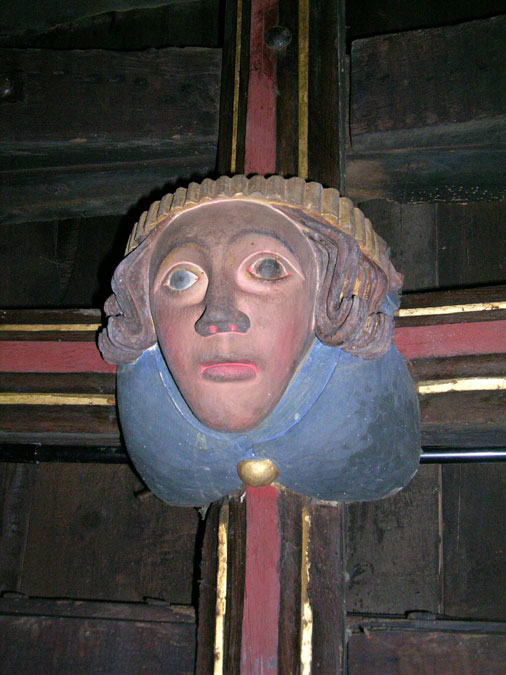This article came from Chronicle published October 1980. Page: 6
Yeovil Dialect in the 18th century
Extracted from Defoe’s ‘Tops of the Whole Island of Great Britain’, 1725-28, by Miss Isabel Rendell.
‘In my return to my western progress I pass’d some little part of Somerset-shire, as thro’ Evil, or Yeovil, upon the river Ivil, in going to which we go down a long steep hill, which they call Babylon-Hill; but from what original I could find none of the country people to inform me.
‘This Yeovil is a market town of good resort, and some clothing is carr’d on, in, and near it, but not much, its main manufacture at this time is making of gloves.
‘It cannot pass my observation here, that when we, are come this length from London, the dialect of the English tongue, or the country way of expressing themselves is not easily understood, it is so strangely altered; it is true that it is so in many parts of England besides, but in none in so gross a degree as in this part; This way of boorish country speech, as in Ireland, it is call’d the brogue upon the tongue; so here it is call ‘d Jouring and ’tis certain that tho’ the tongue be all meer natural English, yet those that, are but little acquainted with them, cannot understand one half of what they say: It is not possible to explain this fully by writing, because the difference is not so much in the orthography of the words, as in the tone, and diction-, their abridging the speech, “cham” for “I am”, “chill’ for “I will”, “don” for “put on”, and “doff” for “put off”, and the like. And I cannot omit a short story here on this subject; coming to a relation’s house, who was a schoolmaster at Martook in Somersetshire, I went to his school to beg the boys a play day, as is usual in such cases; I should have said to beg the master a play day, but that is by the way; coming into school, I observed one of the lowest scholars was reading his lesson to the usher, which lesson, it seems was a chapter in the Bible, so I sat down by the master, till the boy had read out his chapter; I observed the boy read a little oddly in the tone of the country, which made me the more attentive, because on enquiry, I found that the words were the same, and the orthography the same as in all our Bibles. I observed also the boy read it out. with his eyes still on the book, and his head like a meer boy, moving from side to side, as the lines reach’d cross the columns of the book; his lesson was in Cant.5.3. of which the words are these,
“I have put off my coat, how shall I put it on, I have washed my feet, how shall I defile them?”
‘The boy read thus, with his eyes, as I say, full on the text.
“Chav a doffed my cooat, how shall I don’t, chav a washed my feet, how shall I moil ’em?”
‘How the dexterous dunce could form his mouth to express so readily the words (which stood right printed in the book) in his country jargon, I could not but admire . . .
(In Yeovil is) ‘the Angel Inn, a well-known house, which was then, and I suppose still is the chief inn of the town . . .’

